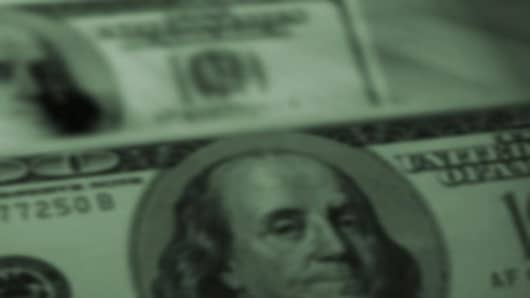"Yes, they are stacking on debt on our lowly backs at an alarming rate. Then, they do IPO’s and pay themselves gluttonous special dividends to reduce their risk out the public's expense."
-- Kim, Florida
"Yes, at a time when the value of the dollar is going down and inflation is up, the interest rate is very low. The Fed is too preoccupied with keeping interest rates low so as to protect the growth we have and to save the housing market from further collapse. However, the unintended result of all this is the ready availability of money at low interest rates, enabling the private equity firms to replace equity with debt. This country had a bubble burst in the equity market in the 90's and now, thanks to the help of private equity firms, we are heading towards a bubble in the debt market. Hang on to your hat."
-- Jim W., Wisconsin
"Yes, private equity is distorting normal market actions. The public market is not the place for predators. It is absurd to expect the individual investor to have an even chance to invest successfully when back room money is distorting stock prices."
-- G.M.
"No, private equity is the natural state of capital. It is publicly traded companies that warrant special attention. Business ownership is the root of capitalism. There is no reason to limit this activity. It is when dumb public investors are subject to possible fraud and poor business ethics in publicly traded businesses that there is need for government regulation and oversight."
-- Paul, Washington
"No -- the idiots in congress are concerned because they don't have as much control. Contrary to what those in Congress think at last review we still have a democracy."
-- John, Florida


